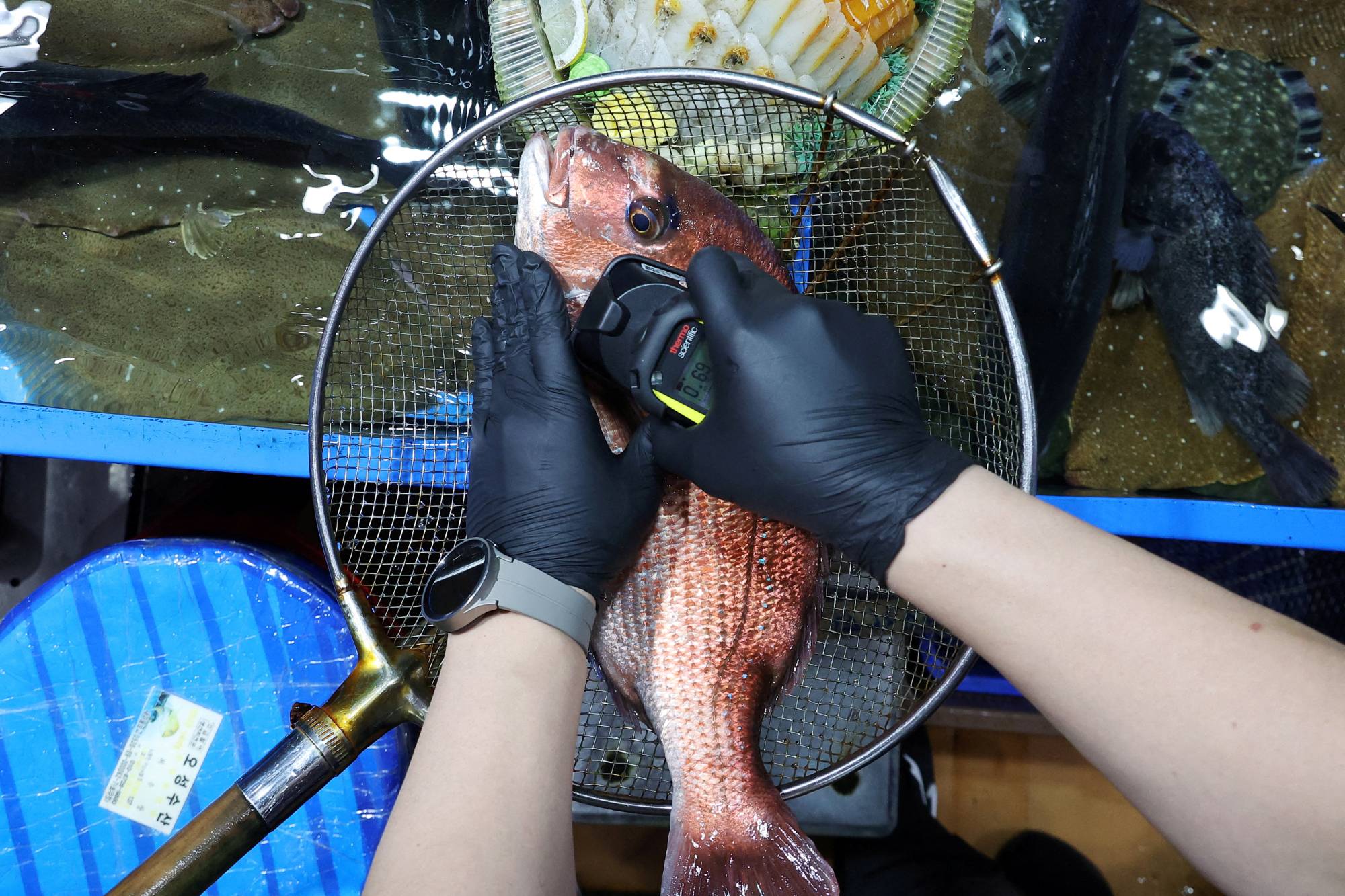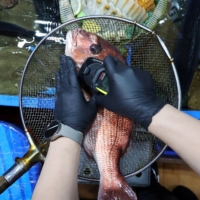The European Union agreed on Thursday to remove restrictions on Japanese food imports, imposed after the 2011 Fukushima nuclear accident, with the hope that Japan will ease its controls on EU farm produce.
The EU has required pre-export testing of food products for radioactivity since the March 2011 earthquake and tsunami wrecked the Fukushima No. 1 nuclear plant.
Since 2021, it has required certificates showing levels of radioactive isotopes in wild mushrooms, some fish species and edible wild plants, such as bamboo shoots, from Fukushima and nine other prefectures.
The European Commission said these restrictions had been fully lifted, while noting Japan continues to monitor for radioactivity and stressing Japan should publish its findings.
"This move will help drive forward the reconstruction of the devastated areas and is one we appreciate and welcome," Prime Minister Fumio Kishida told a news conference after an EU-Japan summit.
European Commission President Ursula von der Leyen said both sides had also agreed to work on removing Japanese trade barriers to EU beef, fruit and vegetables, whose access to Japan is limited by food safety rules.
Kishida said Japan would make a judgment based on science, as the EU had done in lifting its restrictions.
At the summit, the EU and Japan also committed to deeper cooperation in green and digital transitions, research and other fields.
"We both need to de-risk our supply chains, so one of our objectives is to reduce over reliance on a handful of suppliers, many of them based in China," von der Leyen said, adding cooperation would include critical raw materials.
The European Union and Japan already have a free trade agreement and are united in opposition to Russia's invasion of Ukraine.



















With your current subscription plan you can comment on stories. However, before writing your first comment, please create a display name in the Profile section of your subscriber account page.